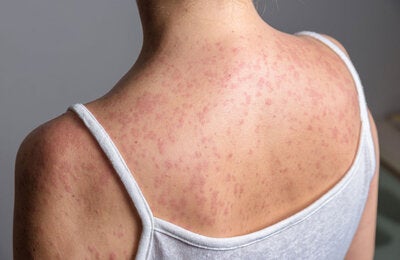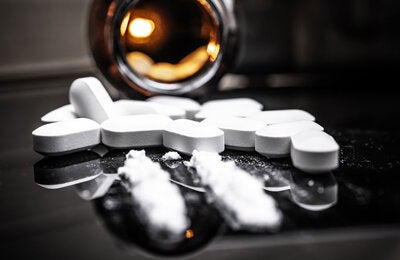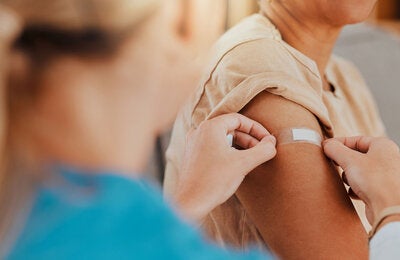
Washington, D.C., 12 June 2020 (PAHO/WHO) - Ambassadors and representatives to the Organization of American States (OAS) were briefed today by Pan American Health Organization (PAHO) Director Carissa F. Etienne on the upcoming meeting of PAHO's Executive Committee (16-20 June 2014).
The Executive Committee is one of PAHO's Governing Bodies and acts as a working party of the Directing Council and the Pan American Sanitary Conference.
Next week's Executive Committee meeting will address programmatic, budgetary, personnel, and administrative issues surrounding the work of PAHO's Secretariat, the Pan American Sanitary Bureau (PASB). The Committee's deliberations will determine the final agenda for the 53rd PAHO Directing Council, which meets from 29 September to 3 October 2014.
Topping the agenda will be the draft of a final report on the implementation of PAHO's Strategic Plan 2008-2013. Etienne noted that 83% of the Strategic Plan's 256 regionwide expected results (RERs) indicators were fully achieved, and 93% of the Organization's base program funding for the period was implemented. She noted that PAHO's work has contributed to such health achievements as regionwide reductions in malaria and child mortality, the elimination of human rabies and Chagas disease in 17 countries, the elimination of leprosy from 18 countries, the expansion of antiretroviral treatment for HIV/AIDS patients, and the achievement at the regional level of the MDG-7 target for improved access to drinking water.
"Our region has achieved most of the health-related MDGs, except for the goal related to maternal mortality, although there has been improvement in this area as well," said Etienne.
The Executive Committee will also consider a number of strategies and plans of action developed in consultation with Member States to guide PAHO's technical cooperation programs. These include plans for achieving universal health coverage; promoting universal access to safe blood through voluntary, unpaid donation; improving policies, programs and laws for persons with disabilities; preventing and caring for mental disorders; preventing obesity in children and adolescents; promoting health in all public policies; preventing blindness and visual impairment, coordinating humanitarian assistance in emergencies and disasters; and strengthening laws that promote and protect the right to health.
"It will be a very busy week," said Etienne.
The PAHO Executive Committee is made up of representatives of nine Member States, who are elected for three-year periods, and meets twice a year as well as by special request of PAHO's Director or at least three Member States.
PAHO serves as the specialized health agency of the inter-American system, of which the OAS is also a member, along with the Inter-American Development Bank (IDB) and the Inter-American Institute for Cooperation on Agriculture (IICA).
Ambassador Jacinth Lorna Henry-Martin of Saint Kitts and Nevis, President of the OAS Permanent Council, presided over today's meeting, which was held at PAHO headquarters.



